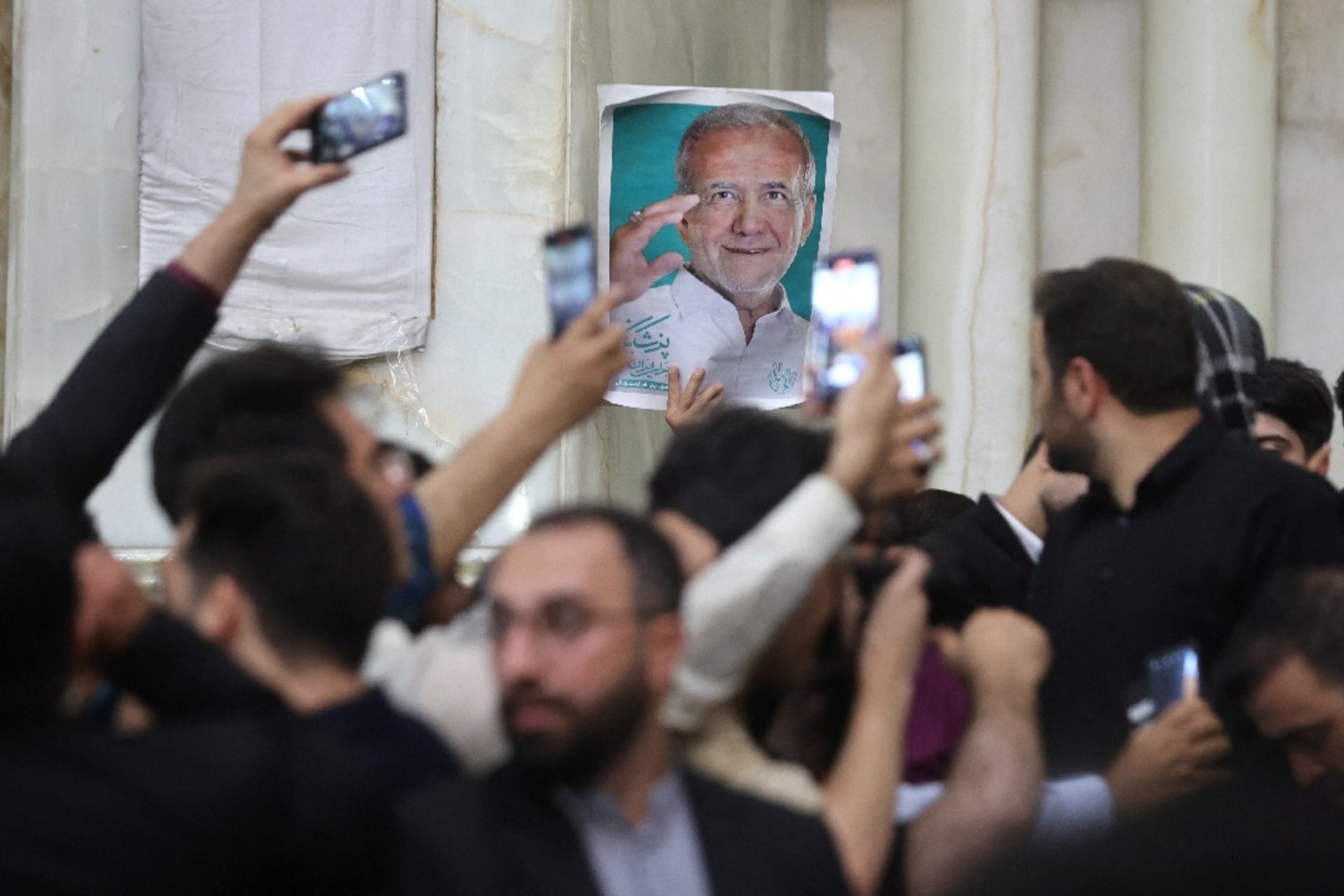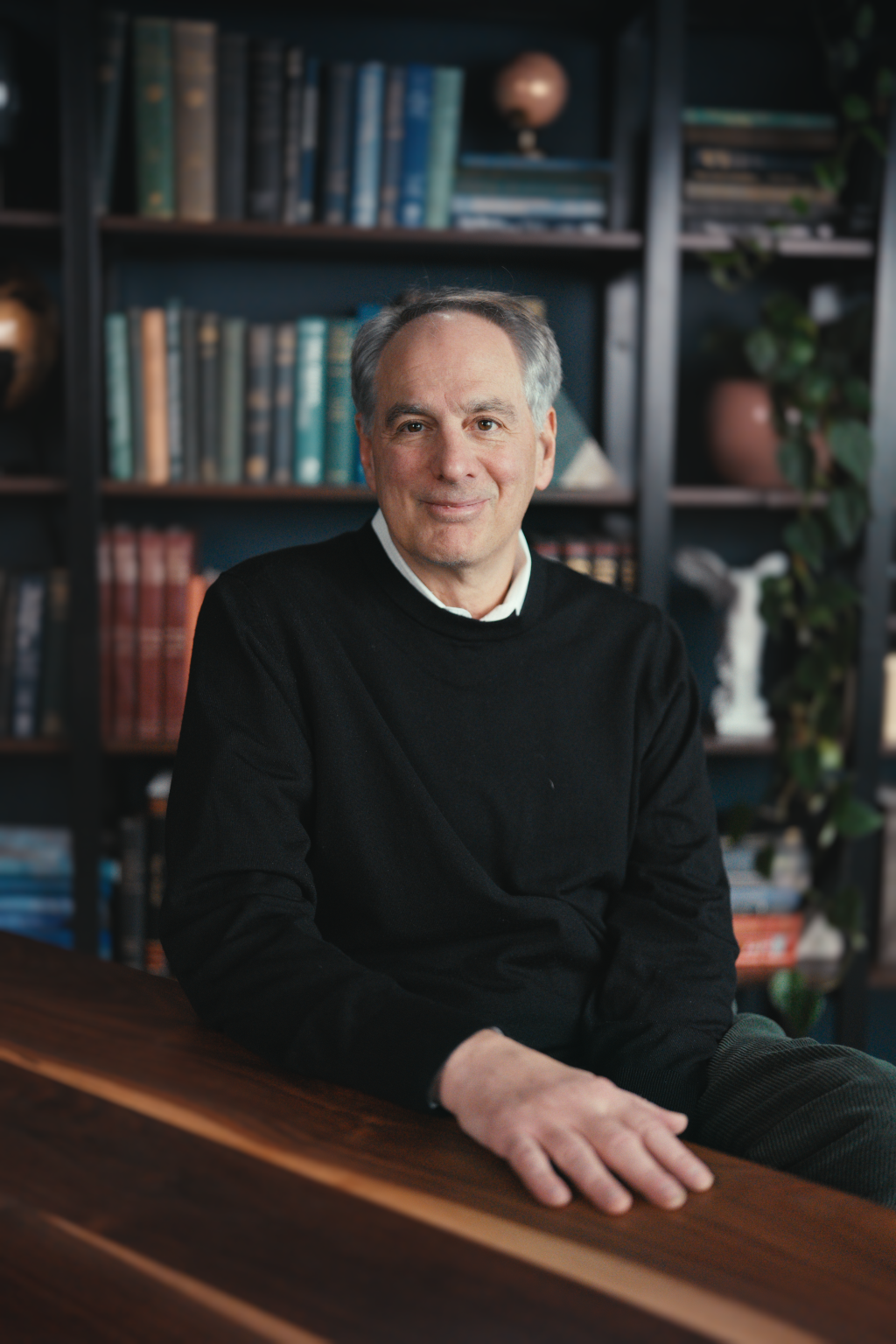What Could Change Under Iran’s New ‘Reformist’ President?
President-Elect Masoud Pezeshkian campaigned as a moderate regarding issues such as the hijab law and nuclear negotiations, but the regime is unlikely to allow any sweeping changes.

By experts and staff
- Published
Experts
![]() By Ray TakeyhHasib J. Sabbagh Senior Fellow for Middle East Studies
By Ray TakeyhHasib J. Sabbagh Senior Fellow for Middle East Studies
What does it mean that Masoud Pezeshkian is Iran’s first “reformist” president in twenty years? How does he differ from his hard-line predecessor Ebrahim Raisi?
The concept of reform has changed in recent decades. In the late 1990s, reformists such as President Mohammad Khatami sought to refashion the Islamic Republic, emphasizing the importance of parliament and other elected institutions, free press, civil society, and the rule of law. They were internationalists with hopes of reconciling with the West. But these are not the aspirations of those who call themselves reformists today. They merely want loosened cultural restrictions on women’s dress and better management of the economy.
The late President Ebrahim Raisi had a close relationship with Supreme Leader Ali Khamenei and had been implicated in some of the regime’s most notorious crimes, namely by serving as one of the judges on the commission that sentenced thousands of dissidents to death in 1988. Before being elected president in 2021, Raisi spent his life in the judiciary and the enforcement aspects of the regime. Pezeshkian does not have such a sinister background, nor a close connection to Khamenei. He is a mild-mannered, middling parliamentarian whom regime officials allowed to run for office as a means of reengaging the public in the political process and improving the government’s public image. The latter had been tarnished by the brutal crackdown on the “Women, Life, Freedom” movement of 2022, which had spurred widespread anti-government protests after a young Iranian woman, Mahsa Amini, died while in custody for violating laws on wearing the hijab.
Pezeshkian’s election has spurred speculation that Iran will pursue new negotiations over its nuclear program and an easing of tensions with the United States. What needs to happen for nuclear negotiations to resume, and how far has Iran developed its nuclear weapons capacity?
The Iran nuclear deal was hotly debated during the campaign, but it was merely a stand-in for a larger foreign policy discussion—a means for Pezeshkian to criticize his rival Saeed Jalili’s confrontational foreign policy and Jalili’s claims that Western sanctions are irrelevant and inconsequential. Pezeshkian spoke positively of the nuclear deal multiple times while campaigning.
Since the United States left the deal in 2018, Iran has resumed its nuclear activities, with UN inspectors reporting that it has enriched uranium to nearly weapons-grade levels. The position of the Iranian regime has been that, because the United States left the agreement and imposed sanctions on Iran, Washington has to come back in compliance before talks resume. This was the position of the Hassan Rouhani and Raisi governments. It could well end up being the position of the Pezeshkian government.
His election occurs at a time of sharply escalating tensions between Iran’s proxy Hezbollah and Israel. What do Pezeshkian and other reformists say about Israel and regional policies in general?
Opposition to Israel remains the point of consensus within Iran, and Pezeshkian made no moves on the campaign trail to indicate any change in that posture. At any rate, the “axis of resistance” is the core of the Islamic Republic’s foreign policy, and Hezbollah is its most potent affiliate. The confrontation between Iran and Israel escalated dramatically in April, with both sides launching direct attacks against each other’s territories for the first time in their four decades of enmity. Even if Pezeshkian wants to dial down the confrontation, Iran’s hostility toward Israel will not diminish much.
This election seems to indicate a split among Iran’s conservative factions. Will that have a bearing on preparations for a successor to the eighty-five-year-old supreme leader?
The conservatives could not agree on a unity candidate during the first round of the election, thus splitting their vote among three candidates. The two leading conservative candidates—Jalili and General Mohammad Baqer Qalibaf—refused to drop out in each other’s favor. Thus, Pezeshkian managed to get to the second round and eventually win the election.
There is little known about the succession process that seems to be underway. It could be managed entirely by Khamenei in collaboration with selective clerics in the Assembly of Experts, with little input from the president. It was rumored that Raisi had been involved in the process and may have been a candidate himself.
